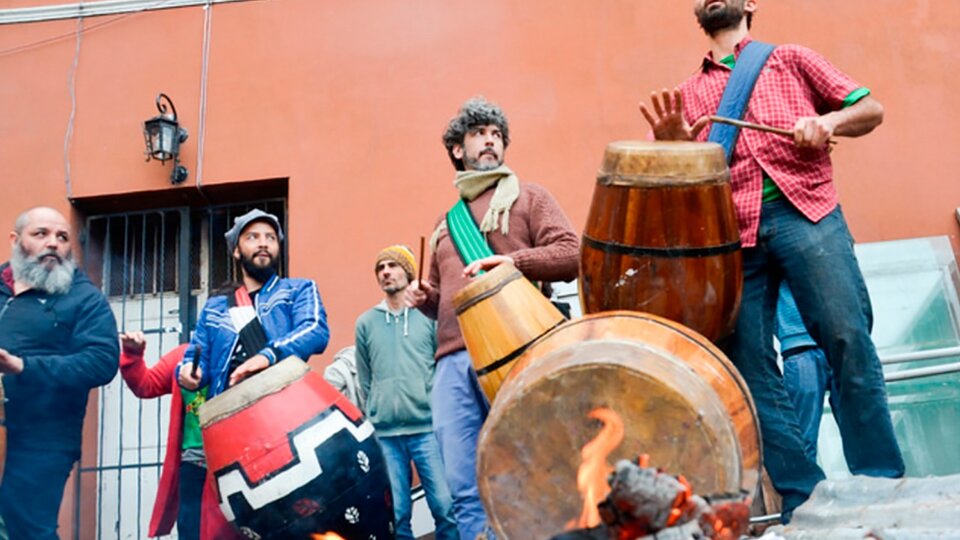Argentina has an Afro linguistic richness that is unknown, almost ignored. Not only the native peoples are pre-existing and shapers of the country: the Afro-Argentines of the colonial trunk have been silenced for five centuries. Victims of structural racism that belittles their contributions and denies their contemporaneity, the languages of their ancestors survive in their colloquial speech and in song. In addition, many went on to enrich the Spanish of Argentina: the word “tango” is the national expression par excellence.
This is explained by the professor and graduate in anthropological sciences Norberto Cirio, author of an investigation that led to the first map of Afro-Argentine music.
The work was carried out within the framework of Afro-Argentineanism workshop that will be dictated in the University Center of Languages of the Faculty of Agronomy of the UBA (CUI).
“This map is the first attempt to provide the current panorama of Afro-Argentine music, the result of three decades of study by the author, other researchers and, above all, the Afro-Argentines of the colonial trunk who, in managing their memory, deserve recognition in their care, despite the scientific racism that denied them, “he explained. the CUI.
And he stressed that “in this line, it is suggestive to think of their music as subversive music, since it tells another version of history and because with their fidelity to the drum they have been bravely disobedient to the express prohibitions that their ancestors suffered to dance and sing “.
So far, the map gives an account of Afro-Argentine music in the City of Buenos Aires and the provinces of Buenos Aires, Chaco, Corrientes, Santa Fe, Tucumán, Entre Ríos and Tierra del Fuego, Antarctica and the South Atlantic Islands, specifically the Falkland Islands.
The director of CUI, Roberto Villarruel, stressed that “as always, every time we are in front of information that sheds light on our past and our culture, we celebrate. We always say that languages should not only be approached from formal education but that we must go in that continuous search for history, of the cultural journey that allows us to contextualize and study a language in an integral way “.
“The Afro-Argentineanism Workshop will seek a Anthropological tour of the current geography of Afro-Argentine speech to highlight the linguistic links that unite us with Africa “, explained the institution.
– .


